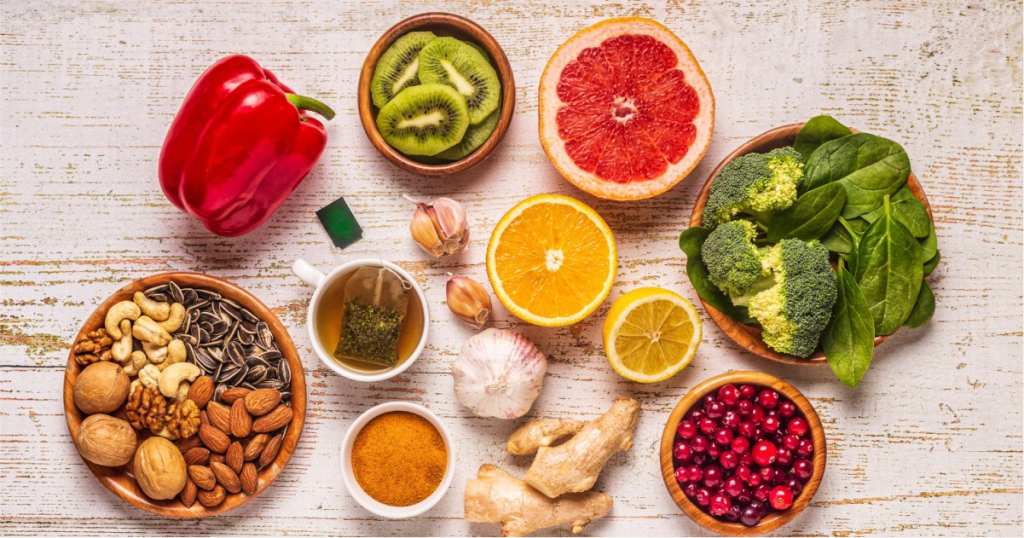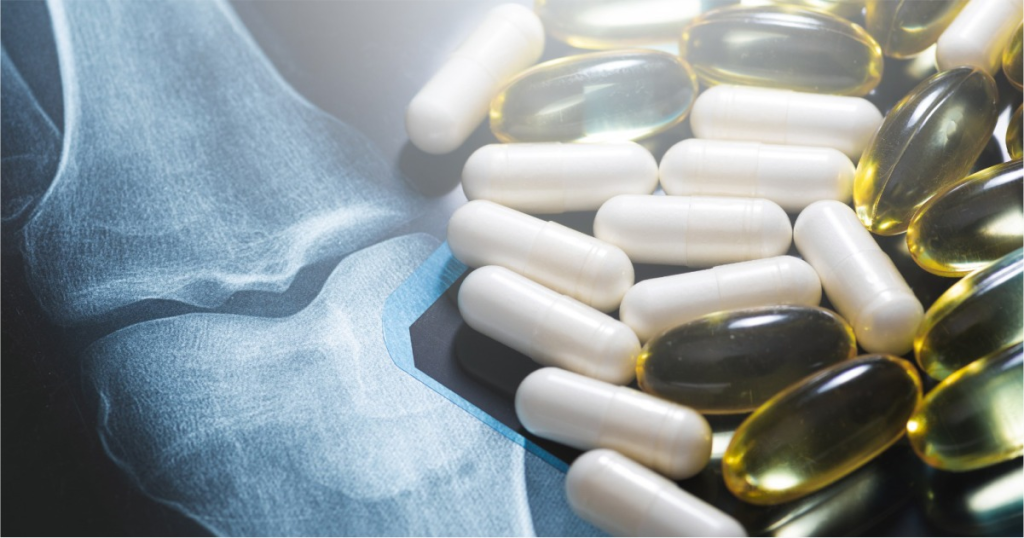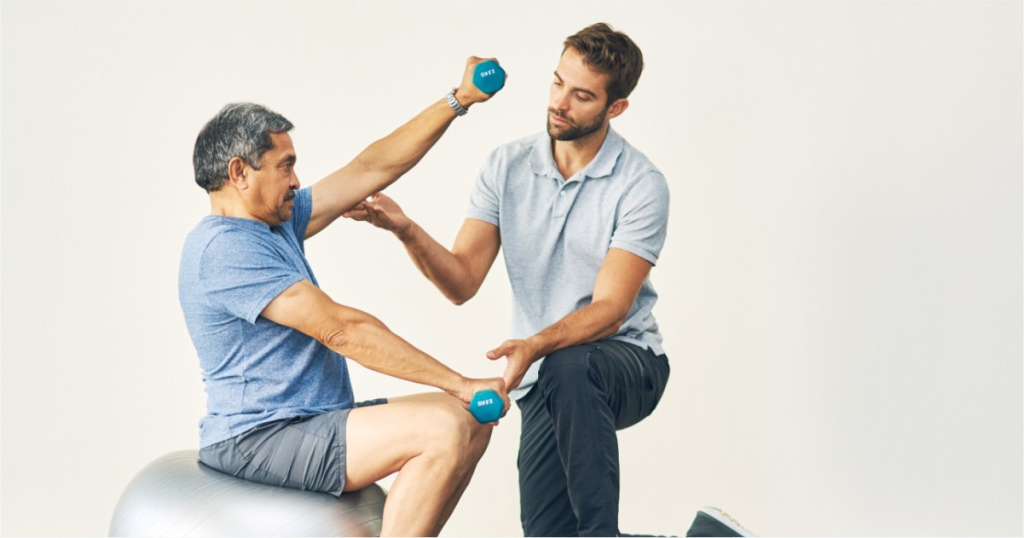Healthy joints are essential for mobility, flexibility, and an active lifestyle. From simple activities like walking and climbing stairs to sports and physical work, joints are constantly in use. Over time, wear and tear, injuries, and certain medical conditions can weaken them. One of the most common problems people face as they age is cartilage loss.
Cartilage is a smooth, rubbery tissue that cushions joints and prevents bones from rubbing together. Unlike other tissues in the body, cartilage has very limited capacity to regenerate, which makes protecting it all the more important.
Understanding Cartilage and Joint Health
Cartilage acts as a shock absorber in the joints, reducing friction during movement. It is made up of water, collagen, and proteoglycans. When cartilage deteriorates due to aging, obesity, repetitive stress, or arthritis, it leads to stiffness, inflammation, and pain. Conditions like osteoarthritis are directly linked to cartilage damage.
Since cartilage does not have its own blood supply, it receives nutrients through joint movement and surrounding fluids. That’s why lifestyle and diet play a key role in maintaining joint health.
Natural Ways to Improve Joint Health and Support Cartilage
1. Maintain a Healthy Weight
Excess body weight puts unnecessary pressure on joints, especially knees, hips, and spine. For example, every extra kilogram can exert nearly three times the pressure on the knee joint. Weight loss through a balanced diet and exercise reduces stress, delays cartilage breakdown, and improves flexibility.

2. Eat a Joint-Friendly Diet
Nutrition has a direct impact on cartilage repair and joint health. Certain nutrients are particularly beneficial:
- Omega-3 fatty acids: Found in fatty fish (salmon, sardines), walnuts, flaxseeds, and chia seeds, omega-3s reduce inflammation in joints.
- Vitamin C: Essential for collagen production; found in oranges, berries, bell peppers, and kiwi.
- Vitamin D & Calcium: Strengthen bones that support joints; found in dairy products, leafy greens, fortified foods, and sunlight exposure.
- Protein: Required for tissue repair; lean meats, beans, lentils, and eggs are good sources.
- Antioxidants: Combat oxidative stress that damages cartilage; found in green tea, spinach, and turmeric.

3. Stay Physically Active
Movement helps lubricate joints and maintain cartilage health. Recommended activities include:
- Low-impact exercises such as walking, swimming, and cycling
- Stretching & yoga to maintain flexibility
- Strength training to support muscles around joints, reducing stress on cartilage
However, overexercising or high-impact activities (like running on hard surfaces) may damage joints if done excessively. Balance and moderation are key.

4. Hydration is Crucial for Healthy Joints
Did you know that cartilage is made up of nearly 80% water?
This water content is what gives cartilage its soft, cushioning effect, helping your joints absorb shock and move smoothly.
When the body is dehydrated, cartilage begins to lose this protective cushion. The result?
- Increased joint stiffness
- More friction during movement
- Higher risk of pain and discomfort
Drinking enough water every day keeps your joints well-lubricated, reduces stiffness, and ensures they function at their best.
5. Use Natural Anti-Inflammatory Foods and Herbs
Certain foods and herbs naturally reduce inflammation and support cartilage repair:
- Turmeric (Curcumin) – reduces joint inflammation
- Ginger – contains compounds with anti-arthritic properties
- Green Tea – rich in antioxidants that protect cartilage cells
- Berries – high in anthocyanins which combat inflammation
6. Supplements for Joint and Cartilage Support
In some cases, diet alone may not provide enough nutrients, and supplements can be helpful. Commonly recommended options include:
- Glucosamine and Chondroitin – building blocks of cartilage that may slow its breakdown
- Collagen peptides – support cartilage elasticity and strength
- Hyaluronic acid – helps joint lubrication
- MSM (Methylsulfonylmethane) – reduces joint pain and inflammation
- Always consult a doctor before starting supplements to ensure safety and proper dosage.

7. Avoid Cartilage-Damaging Habits
Certain lifestyle habits accelerate cartilage loss and joint degeneration:
- Smoking – reduces blood flow and healing capacity
- Excess alcohol – increases inflammation
- Poor posture – strains joints and wears down cartilage
- Sedentary lifestyle – reduces joint lubrication and flexibility
Correcting these habits plays a big role in protecting long-term joint health.

8. Focus on Joint-Friendly Activities
People with joint concerns should choose activities that protect cartilage:
- Swimming provides full-body exercise without joint strain
- Pilates strengthens core muscles, reducing joint pressure
- Cycling improves joint mobility and circulation

9. Warm-Up and Cool-Down During Exercise
Our joints and cartilage act like shock absorbers for the body. When suddenly stressed, they are more vulnerable to injury. That’s why warming up and cooling down are essential parts of any exercise routine.
🔹 Warm-Up
- Increases blood flow to the muscles and joints.
- Enhances flexibility and joint lubrication.
- Prepares your body for physical stress, reducing the risk of sprains and strains.
🔹 Cool-Down
- Helps the heart rate and breathing return to normal gradually.
- Prevents stiffness and post-exercise soreness.
- Supports recovery by flushing out lactic acid and improving circulation.

10. Rest and Recovery
Cartilage is like a cushion for your joints. But when you overuse your joints without giving them time to rest, that cushion can wear down.
🔹 Overtraining or repetitive stress damages cartilage over time.
🔹 Adequate rest between workouts allows your joints to heal and regain strength.
🔹 Quality sleep is vital because your body naturally repairs and regenerates tissues during deep sleep.

Natural Remedies to Support Cartilage Health
- Essential Oils & Massage
Massaging with anti-inflammatory oils like eucalyptus or peppermint can improve circulation and relieve stiffness. - Hot and Cold Therapy
Alternating heat and cold packs reduces inflammation and soothes joint pain. - Physiotherapy
Structured physiotherapy improves joint strength, mobility, and function, preventing further cartilage wear.

Can Cartilage Regrow Naturally?
While complete regeneration of cartilage is difficult, studies show that certain lifestyle practices can slow degeneration and support partial regrowth. Nutrients like collagen, glucosamine, and vitamin C, combined with low-impact exercise, help cartilage cells stay active and healthy. Stem cell therapies and regenerative medicine are emerging fields showing promise in restoring cartilage.
Preventive Measures for Long-Term Joint Health
- Start joint-friendly habits early, even before pain begins.
- Schedule regular health check-ups to monitor bone and joint health.
- Women, especially after menopause, should pay extra attention due to increased risk of osteoporosis and joint degeneration.
- Invest in supportive footwear to reduce stress on knees and hips.
- Balance high-impact activities with adequate stretching and recovery.
Final Thoughts:
Joint health is vital for independence, mobility, and quality of life. While aging and genetics play a role in cartilage wear, lifestyle, diet, and preventive care can make a huge difference. Maintaining a healthy weight, staying active with low-impact exercises, eating nutrient-rich foods, staying hydrated, and using natural remedies can slow cartilage loss and support joint function.
Modern medicine continues to research new regenerative therapies, but the foundation of joint health still lies in daily habits. By adopting these natural strategies, you can protect your joints, preserve your cartilage, and enjoy an active, pain-free life for years to come.

